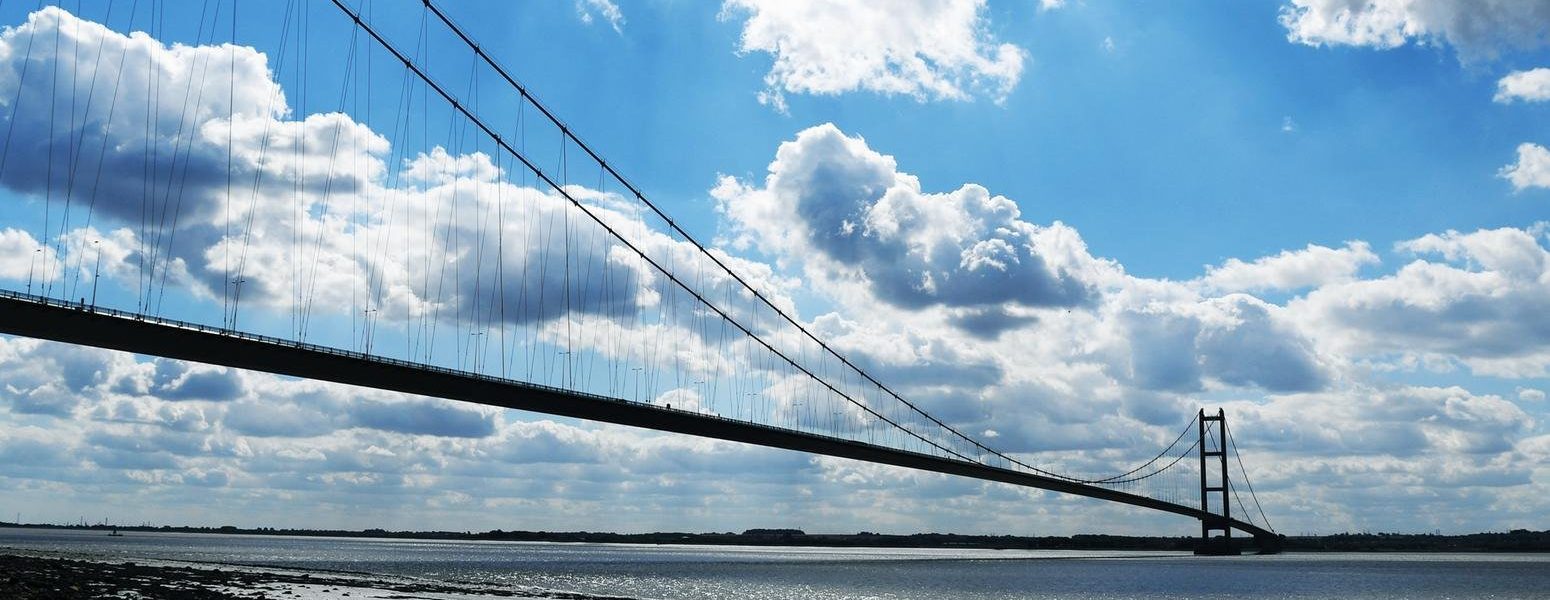How the UK won't hit its net zero targets without lowering CO2 in the Humber, a region which emits more than Kenya
How the UK won't hit its net zero targets without lowering CO2 in the Humber, a region which emits more than Kenya
The UK will struggle to meet its net zero targets without achieving a low-carbon Humber and must make the most of the opportunities presented by the area’s freeport status, according to a senior business figure.
Bill Walker, the chairman of Marketing Humber, said the area around Hull, the East Riding and northern Lincolnshire was “the biggest carbon emitting region in the UK by a country mile” and had the equivalent of Kenya’s CO2 emissions.
But he said that for the first time in years the Humber region could look forward with confidence having been granted permission by the Government to host a low-tax freeport.
Read More
Budget 2021: Humber Freeport to have 45km radius and create more than 7,000 jobs
And at a meeting of politicians from US and northern Lincolnshire, he told Local Government Minister Luke Hall that the role of the Humber estuary should not be lost in devolution discussions after local leaders on the north and south banks of the river were unable to agree a deal.
It had been hoped that a devolution deal could be done between the Government and leaders on both sides of the Humber to create a metro mayor with powers and resources similar to Andy Burnham or Dan Jarvis.
But last year the leaders of North and North East Lincolnshire decided to pursue their own deal with the rest of Lincolnshire. A proposal for a devolution deal covering Hull and the East Riding only was submitted last year and talks will start after the local elections.
Mr Walker, whose organisation aims to provide a “clear, consistent and powerful voice for the Humber on the national and international stage”, said a number of major firms had invested in the area “because they see the energy estuary as a place to invest and for future growth”.
The area is seen as a major centre for clean energy and offshore wind, with Prime Minister Boris Johnson recently saying there is “no better place in the world to build a new offshore wind port” than the Humber after confirming the £75 million investment in Able Marine Energy Park.
And Mr Walker said the awarding of freeport status – meaning different rules will apply to make it easier and cheaper to do business – was “crucial” to its ambitions.
He said: “I think that in the same way that the UK would find it very difficult to achieve its low carbon targets without achieving a low carbon Humber, because as as we all know the Humber region is the biggest carbon emitting region in the UK by a country mile, it’s actually equivalent to Kenya’s CO2 emissions.
“The opportunities presented by a freeport make absolute sense of the Humber and I know those who lead on that proposal are very keen that the Humber free port can become the first and leading freeport example for the UK, because they’ve got the momentum, they’ve got huge business support behind them.
“And I think that it will help not just the low carbon agenda but the whole sort of generation of this part of the world, which can, for the first time in many years, I think, look forward with confidence to say that we are we’ve got a great story here to tell.
“And I think that the more support we have through the free port status, and aligned to this investment, it can only become more attractive.”
A recent report by the Humber Local Enterprise Partnership outlined how the area produces roughly 13,900 kilotons of CO2 a year.
It added: “This means it has higher emissions than Kenya, a country of more than 50 million people and several industrialised cities.
“There are of course many differences in the economic development of Kenya and the Humber, but this fact provides a stark reminder of the region’s contribution to global climate change and the scale of the decarbonisation challenge that lies ahead.”
The same report said North Lincolnshire was the main contributor to this, and that “if it was a country it would have the highest per capita emissions in the world, rivalled only by the Qataris”. British Steel is by far the biggest emitter.










